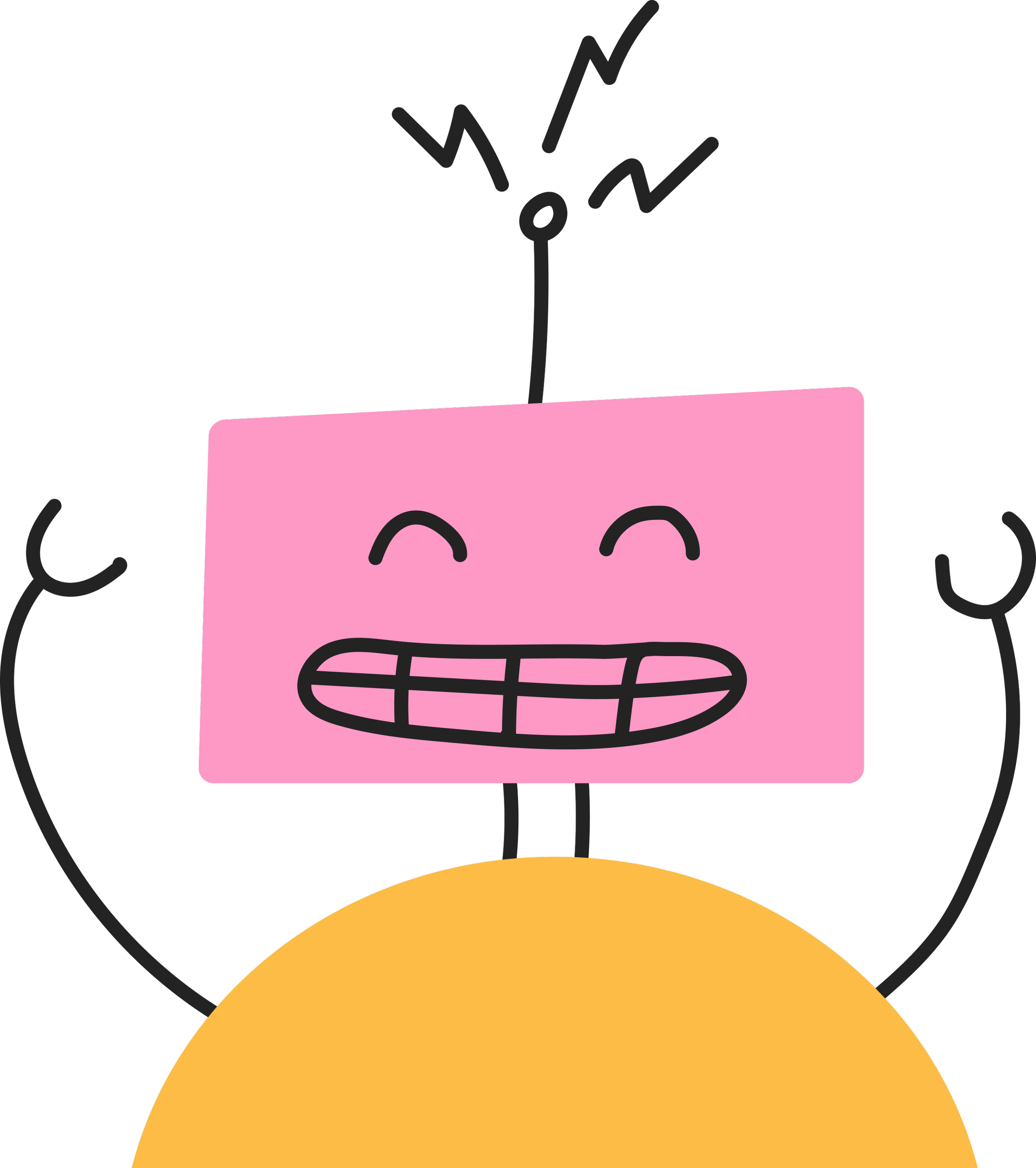Tech Tots
Blogs and podcasts from the Tandem team about the big changes tech is bringing for little people.

TechTots Podcast: Episode 3 - Babies and toddlers are not just small adults - in conversation with Prof Sam Wass
In this episode, Professor Sam Wass from the Institute for the Science of Early Years discusses how children's brains process information very differently from adults, particularly in noisy environments where they struggle to filter sounds. This ability to focus develops slowly.
A key insight is the importance of predictability and rhythm in early learning, which helps young brains form stable patterns. While we learn best with an intermediate level of predictability, young children benefit from more predictable environments as their prediction skills are still developing.
Professor Wass also raises concerns about fast-paced screen content, suggesting it might be too difficult for young brains to process and could cause stress. He advises parents to not assume that what benefits an adult brain is the same for a child's brain, highlighting the importance of repetition and appropriate pacing.
Key Takeaways:
• Children process sensory information differently to adults.
• Predictability in routines and interactions is crucial for early learning.
• Be mindful of the pace of digital content for young children.
• What's good for an adult brain isn't necessarily good for a child's.
Produced by Early Ideas Limited, who are building Tandem.
Podcast music by Tibor Miklos.

Episode 2 of TechTots Podcast: ‘the science bit’ - why early childhood is so special
We think we need to talk more about tech for little people, and if it does, or doesn’t help young children to trive. So we’ve started a podcast. Listen to episode 1 now…

Introducing the Tandem TechTots podcast, Series 1, Episode 1
We think we need to talk more about tech for little people, and if it does, or doesn’t help young children to trive. So we’ve started a podcast. Listen to episode 1 now…
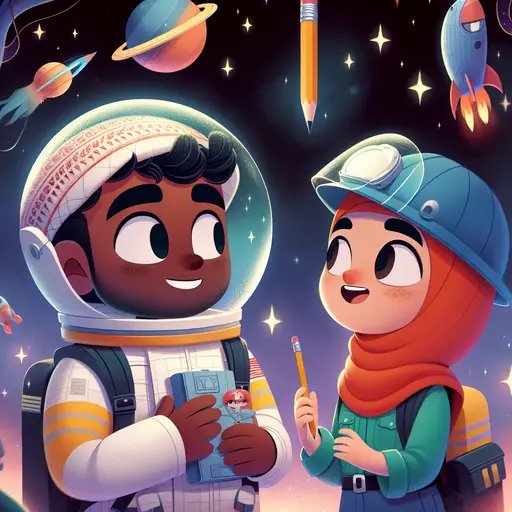
Tandem: Ethical AI for Kids | Safe, Inclusive, and Engaging
At Tandem, we're tackling the challenges of AI and screen time head-on. Creating an app for preschoolers comes with a huge responsibility: to prioritise children's development, strengthen family bonds, and build technology that families can trust.
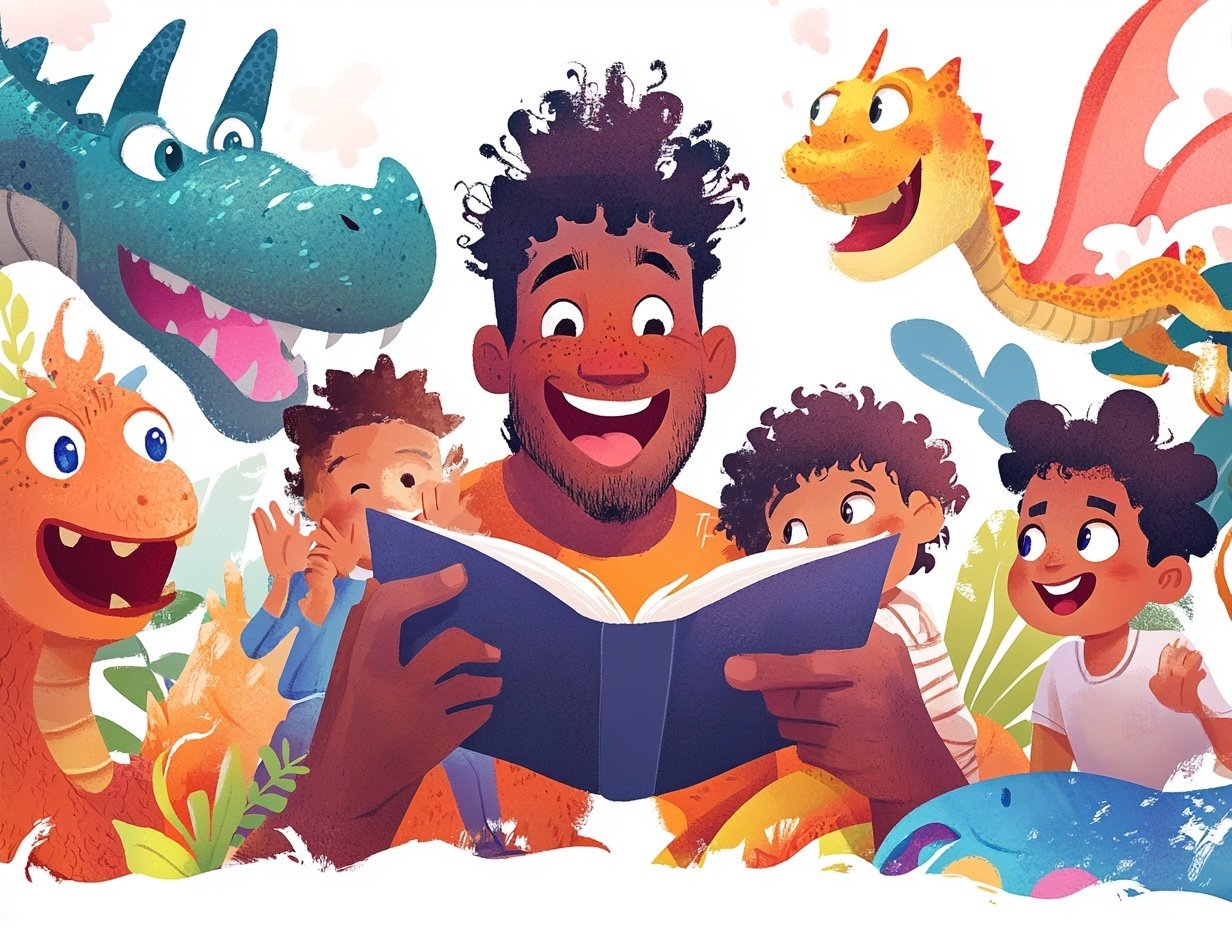
10 Magical Tips to Ignite Your Child's Imagination while reading aloud
Reading aloud to children is one of the greatest gifts we can give them. Numerous studies have proven the endless benefits of reading, it's like planting seeds of imagination in a child's mind, nurturing their curiosity and creativity.

Collaborating for inclusion
Building tech products, especially with emerging technology, is a massive challenge. While it’s tempting to only target affluent users, we believe Tandem and similar innovations should be accessible to all children.
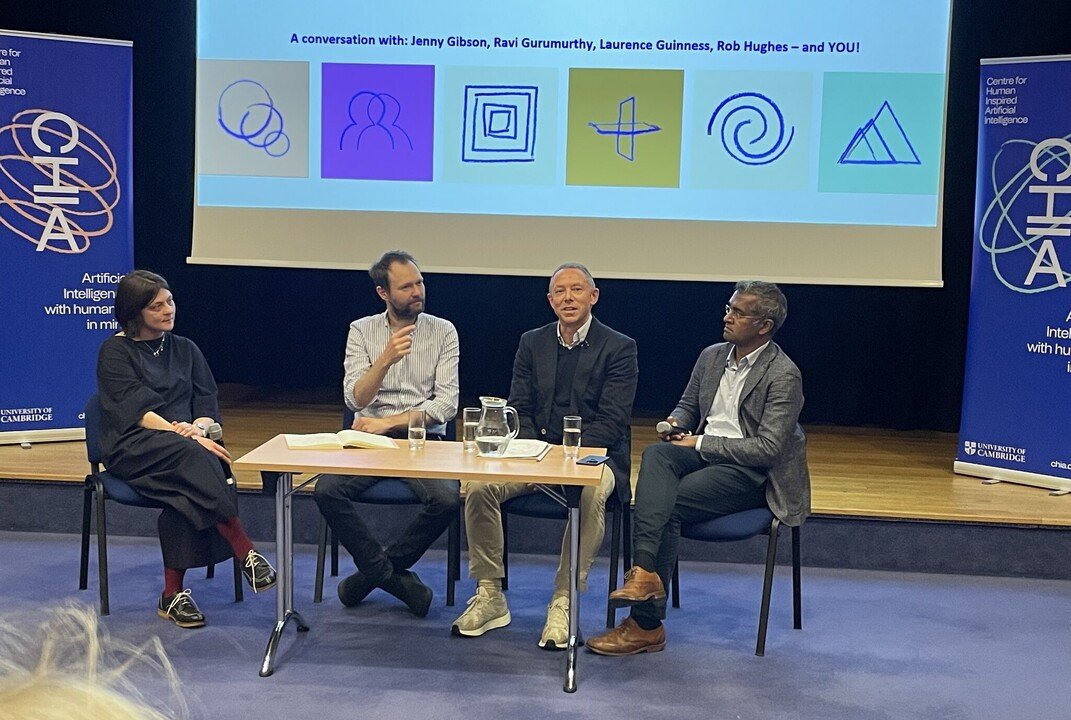
AI and early childhood
I was very honored to recently be invited by the Centre for Human Inspired AI at the University of Cambridge to join a panel discussion on AI and early childhood. It was a great discussusion, where we covered a large variety of issues, asking more questions than answers.
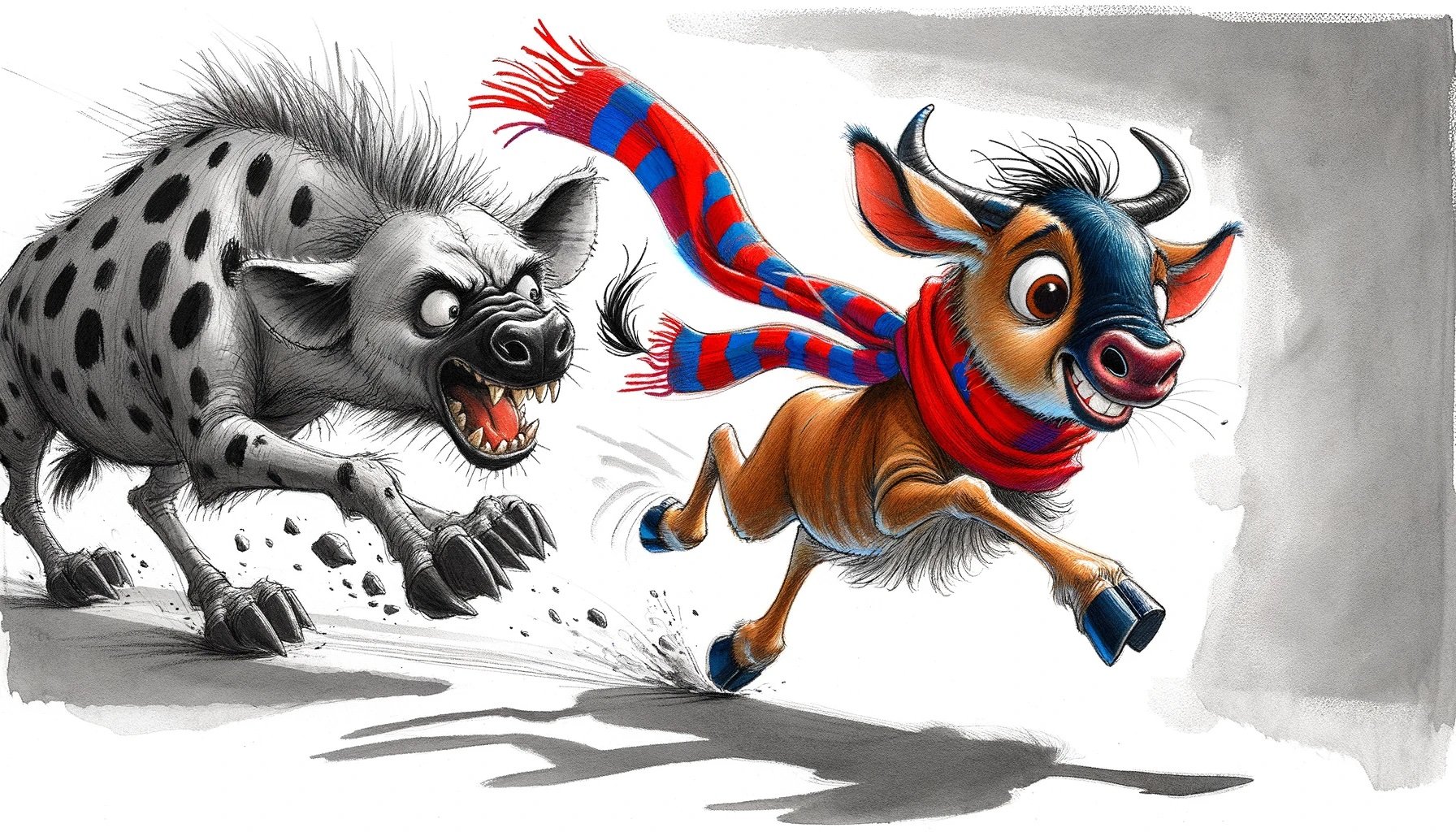
Why Are We Building Tandem?
We want to see all children, everywhere, have the best start in life.
It's a simple idea, but a big challenge. That's why we' creating Tandem.
It all begins with this realisation: early moments matter. A lot. Change the start of the story, and you change the whole story.

